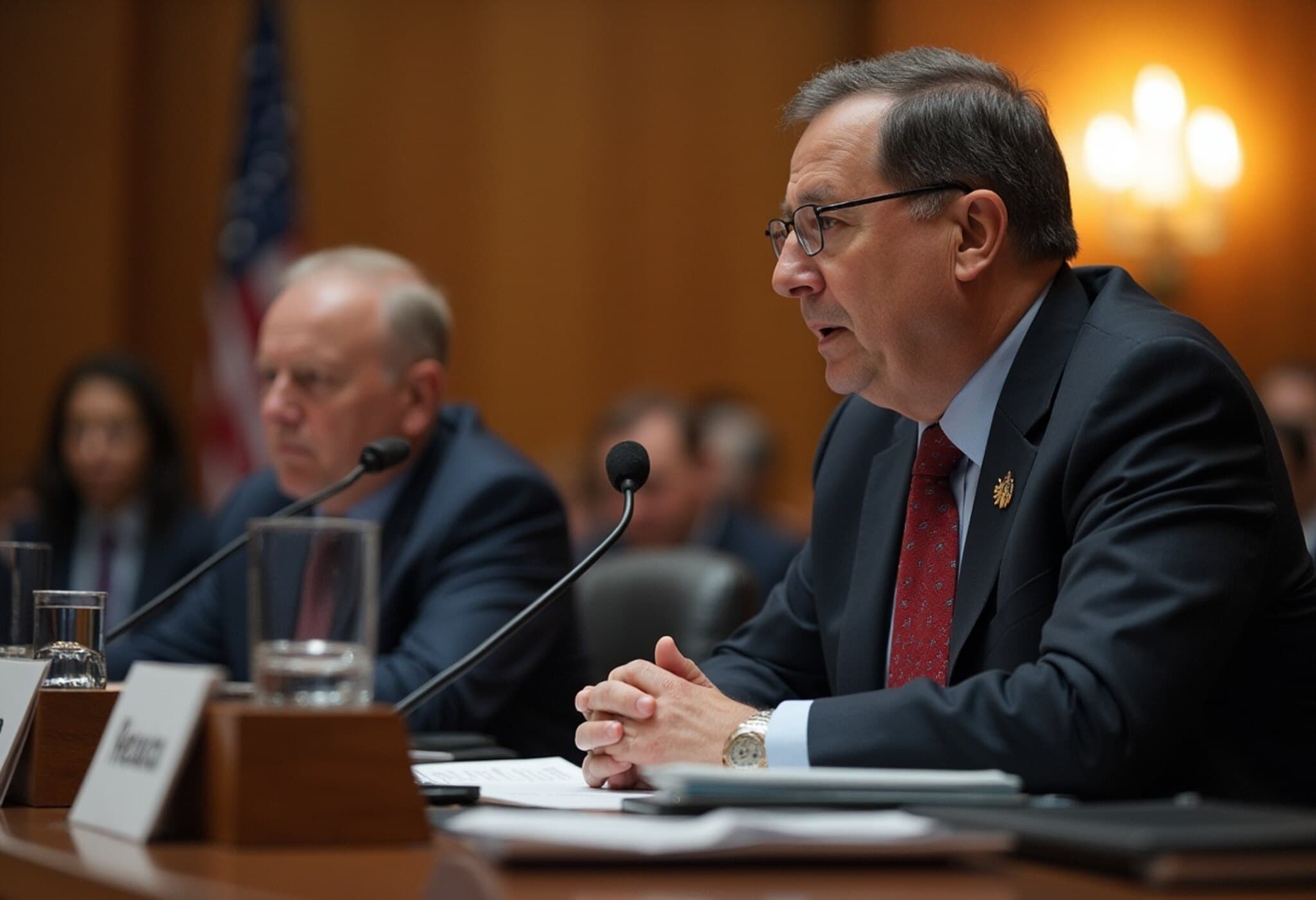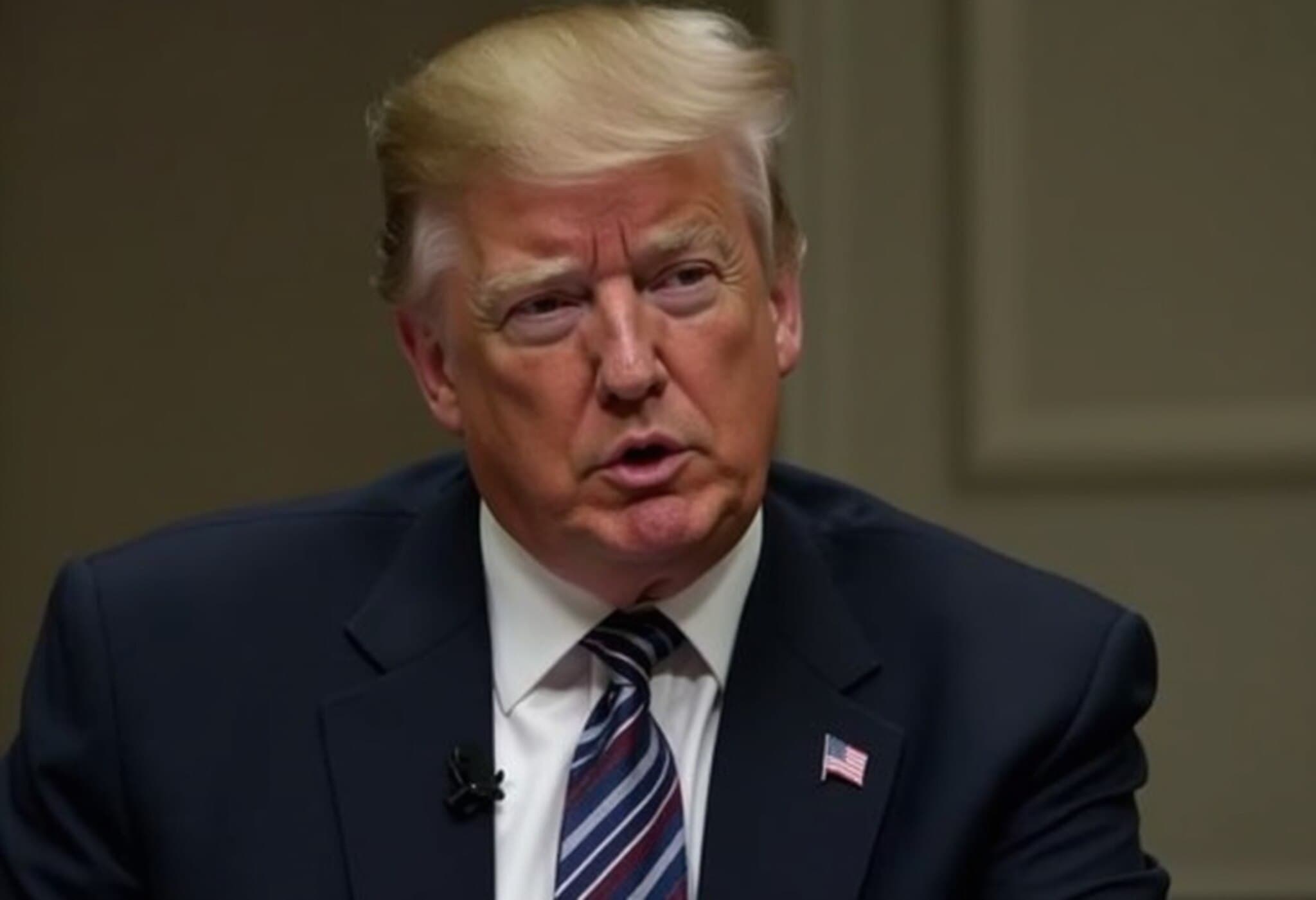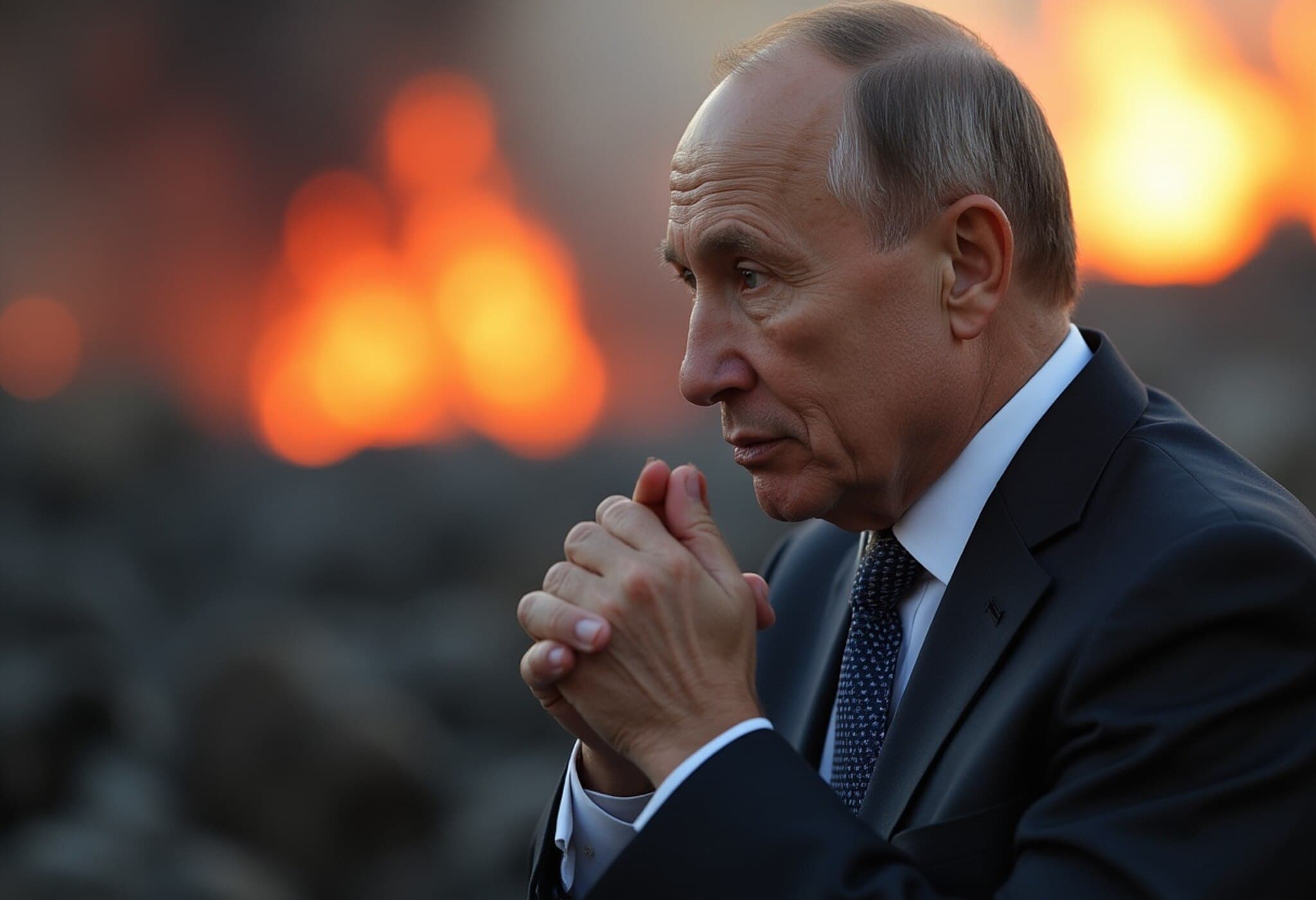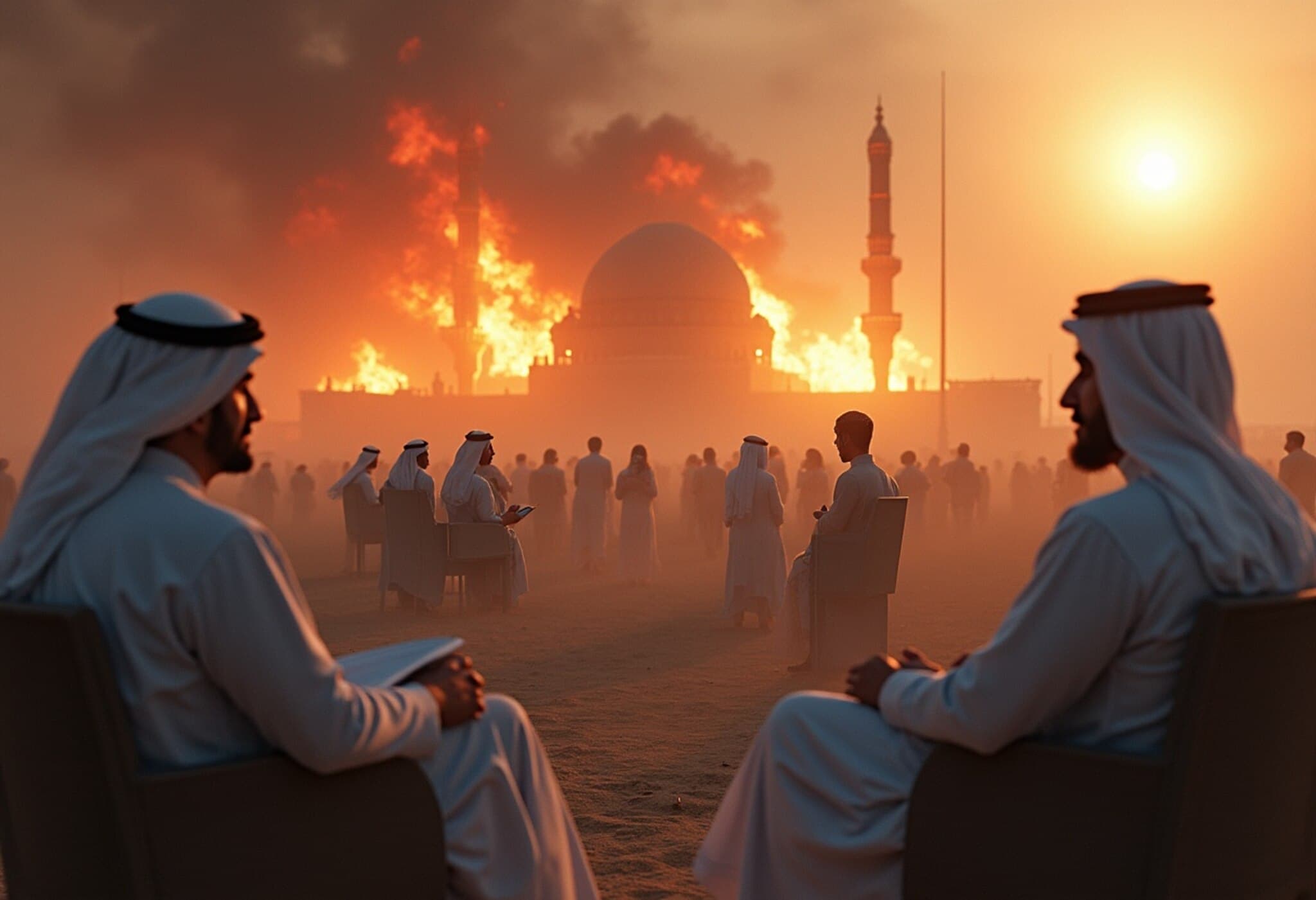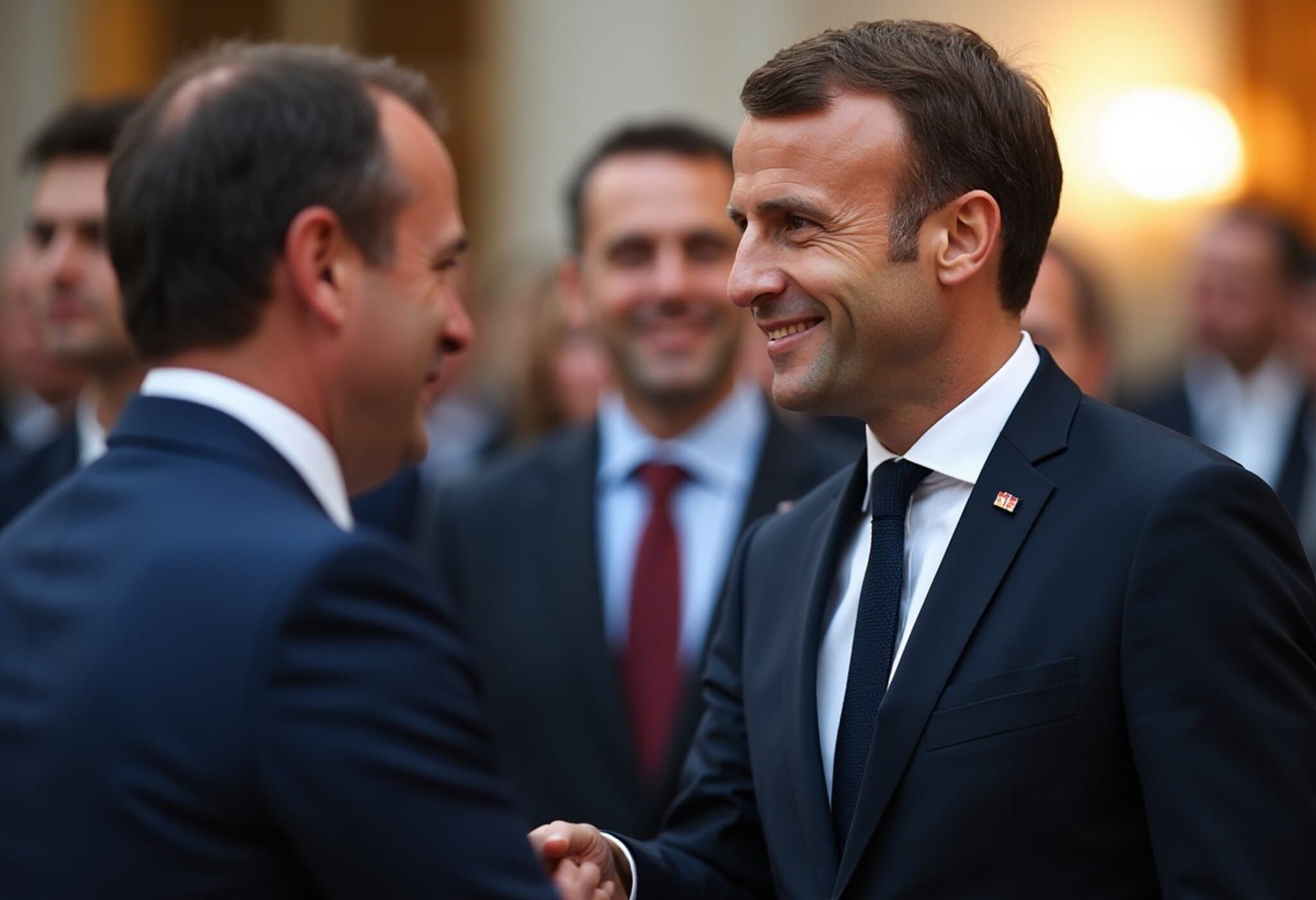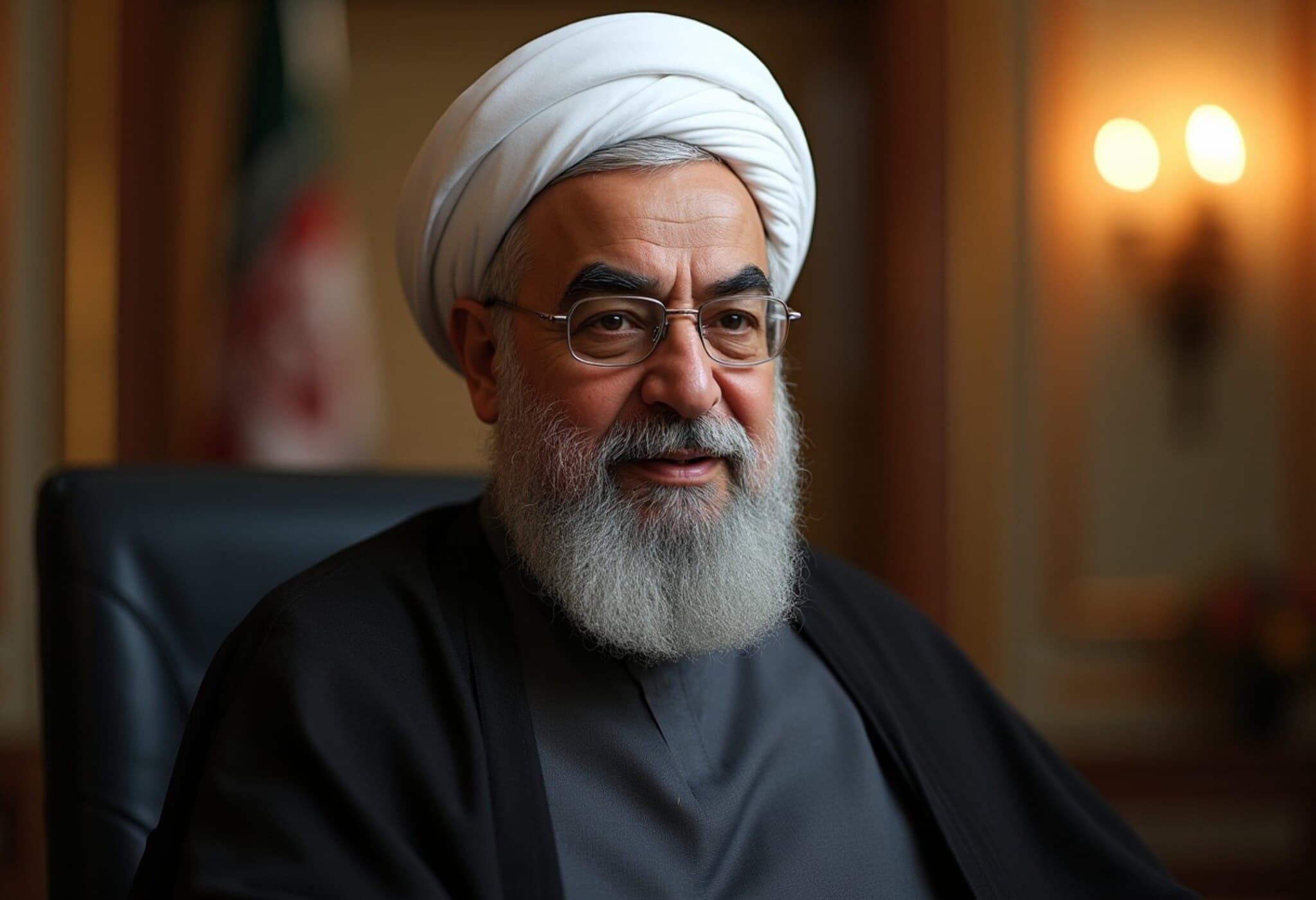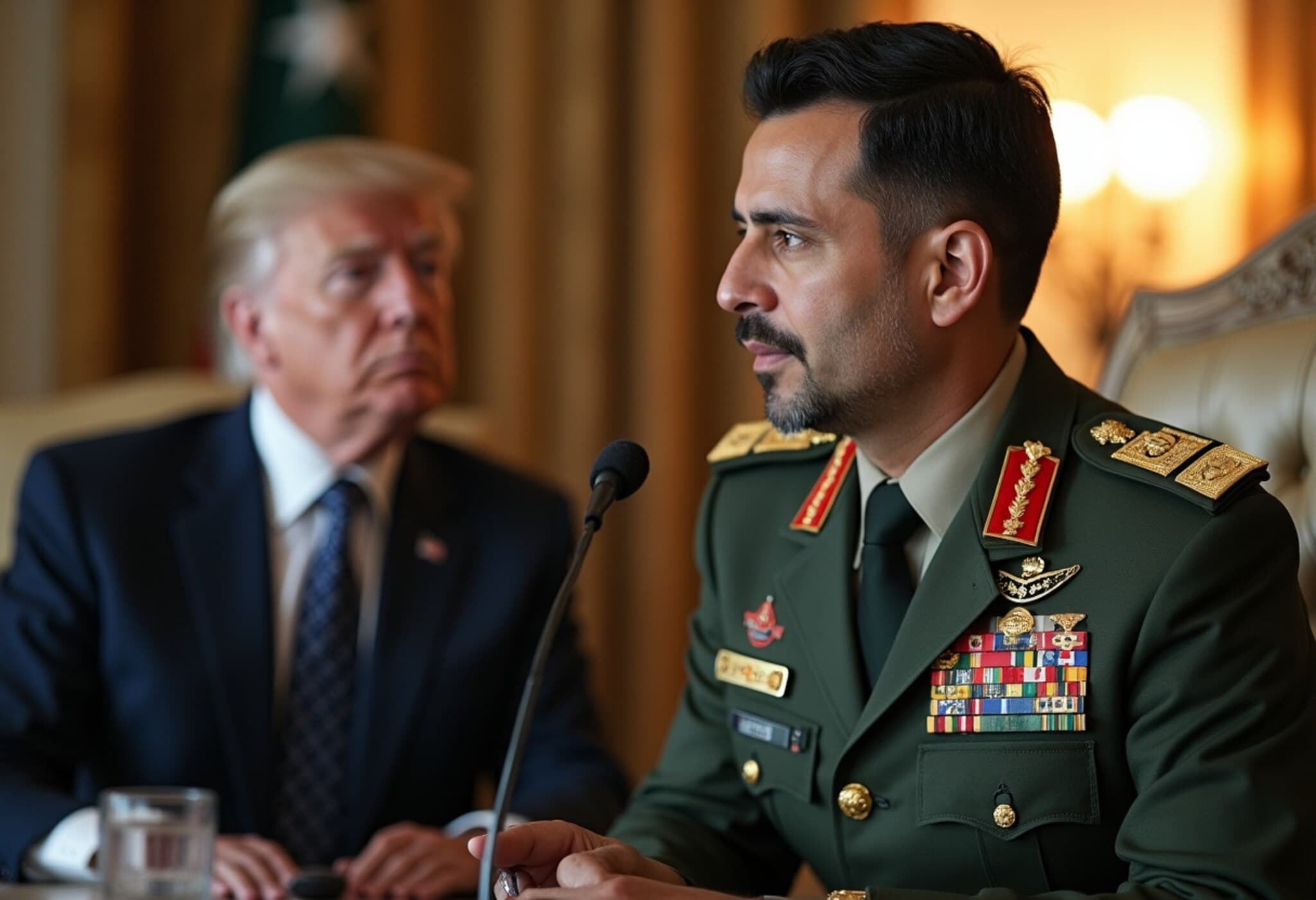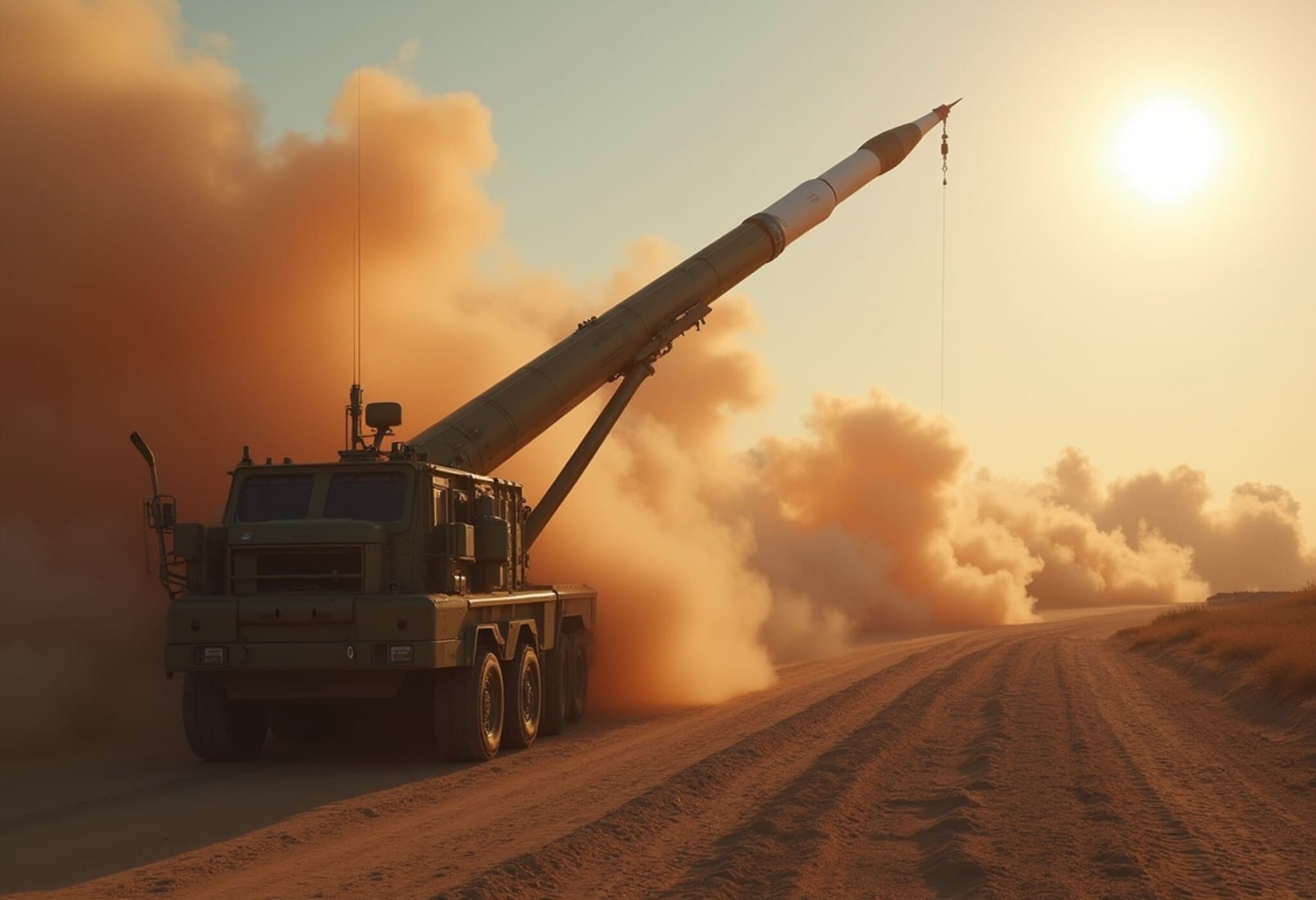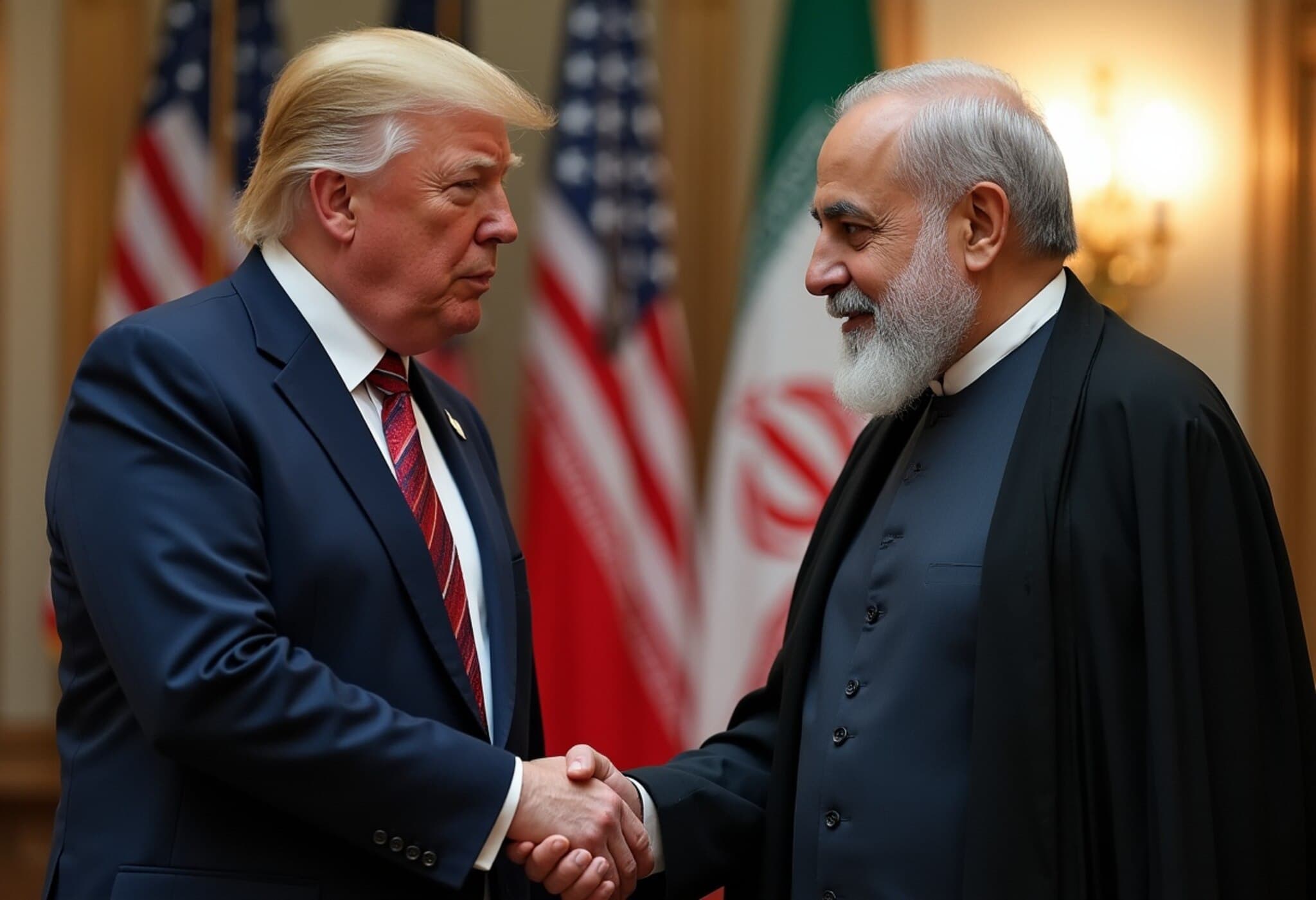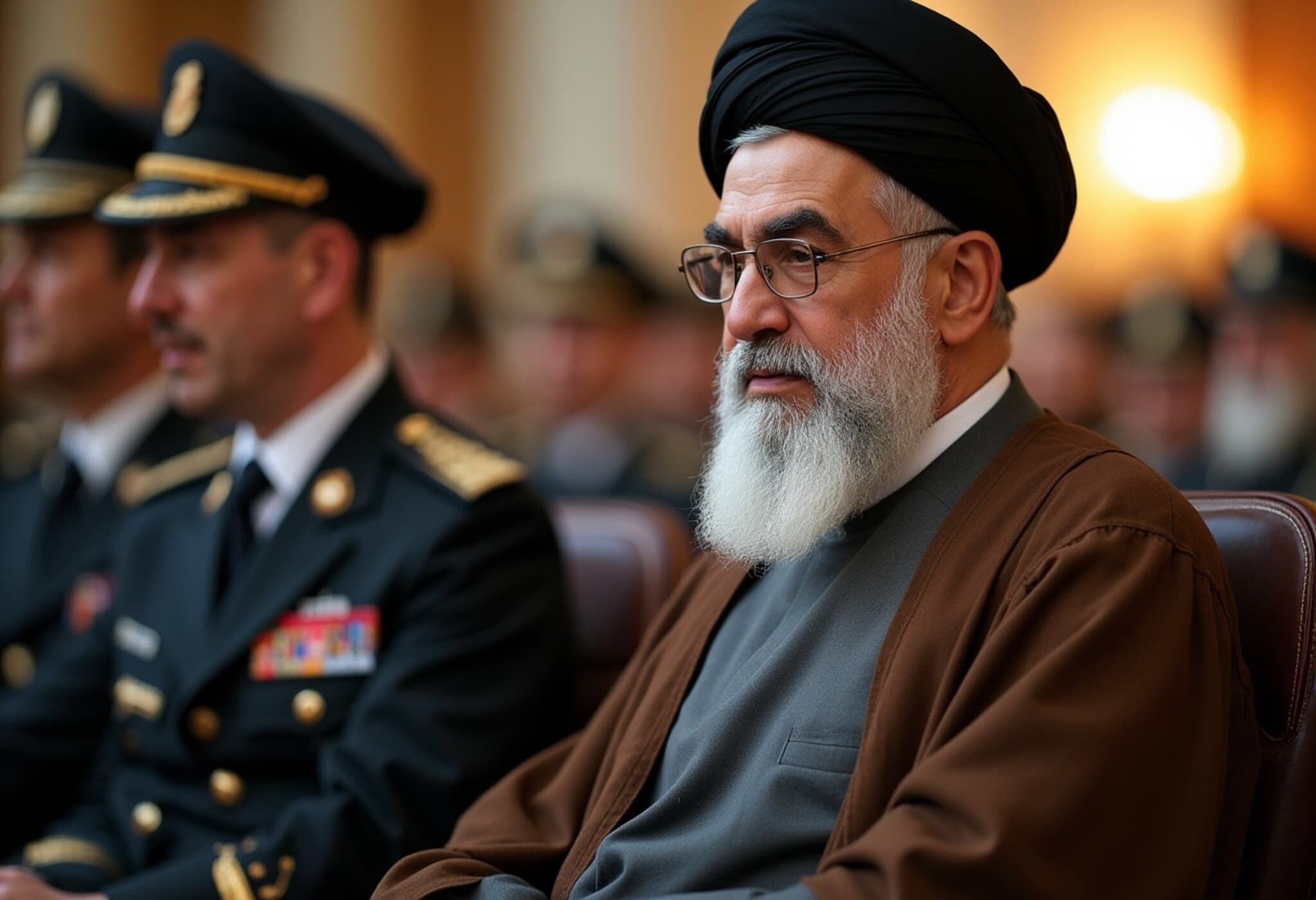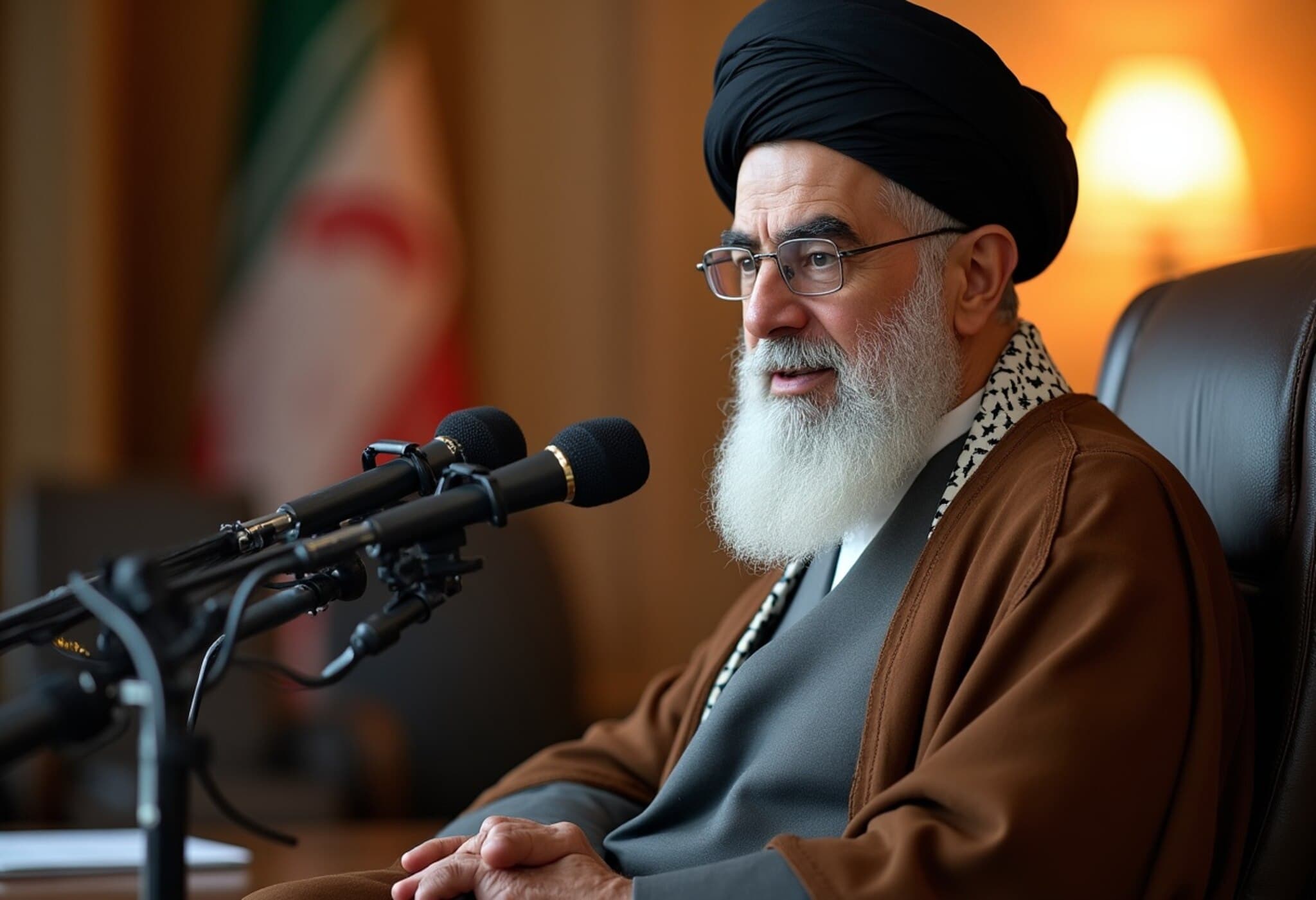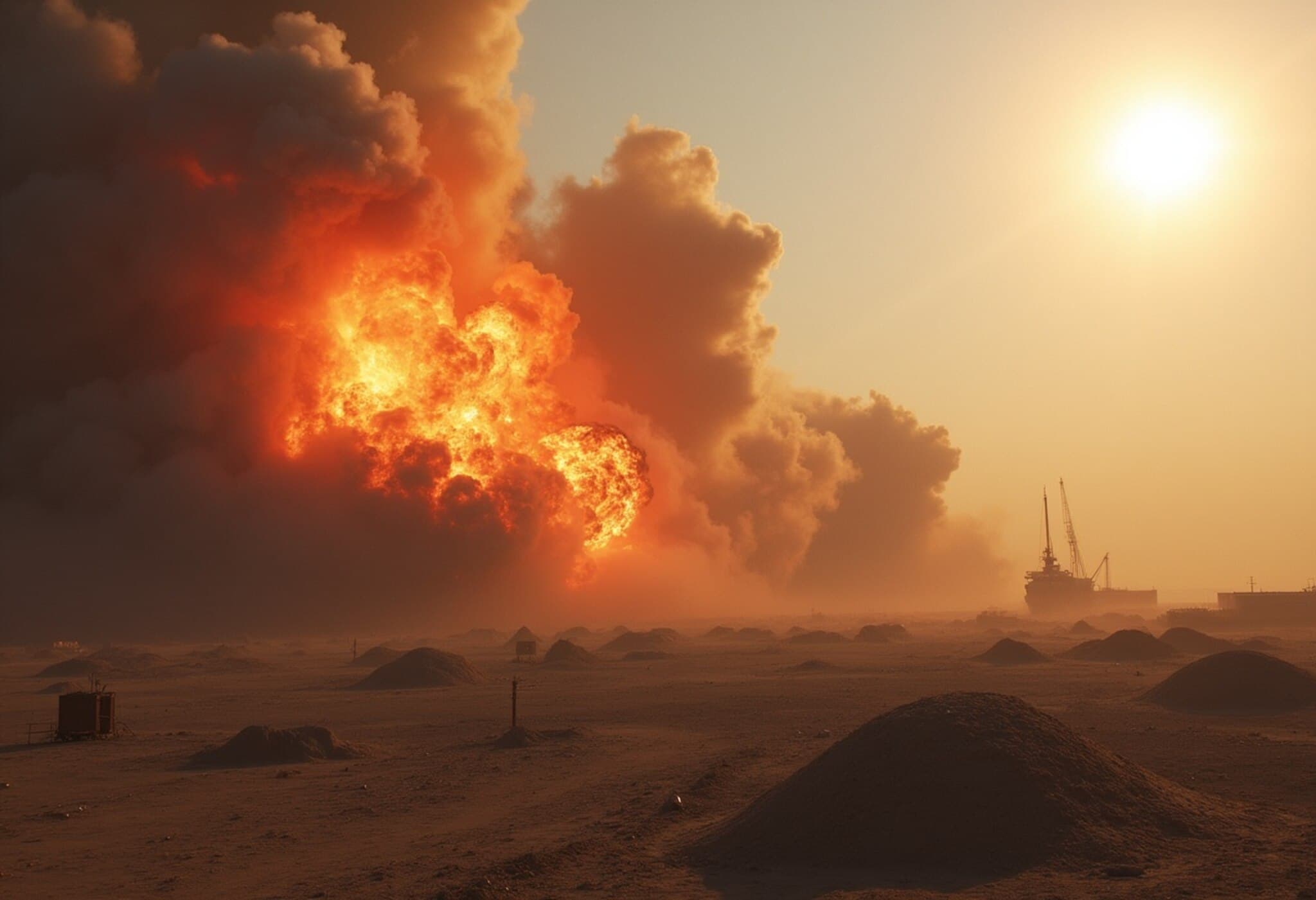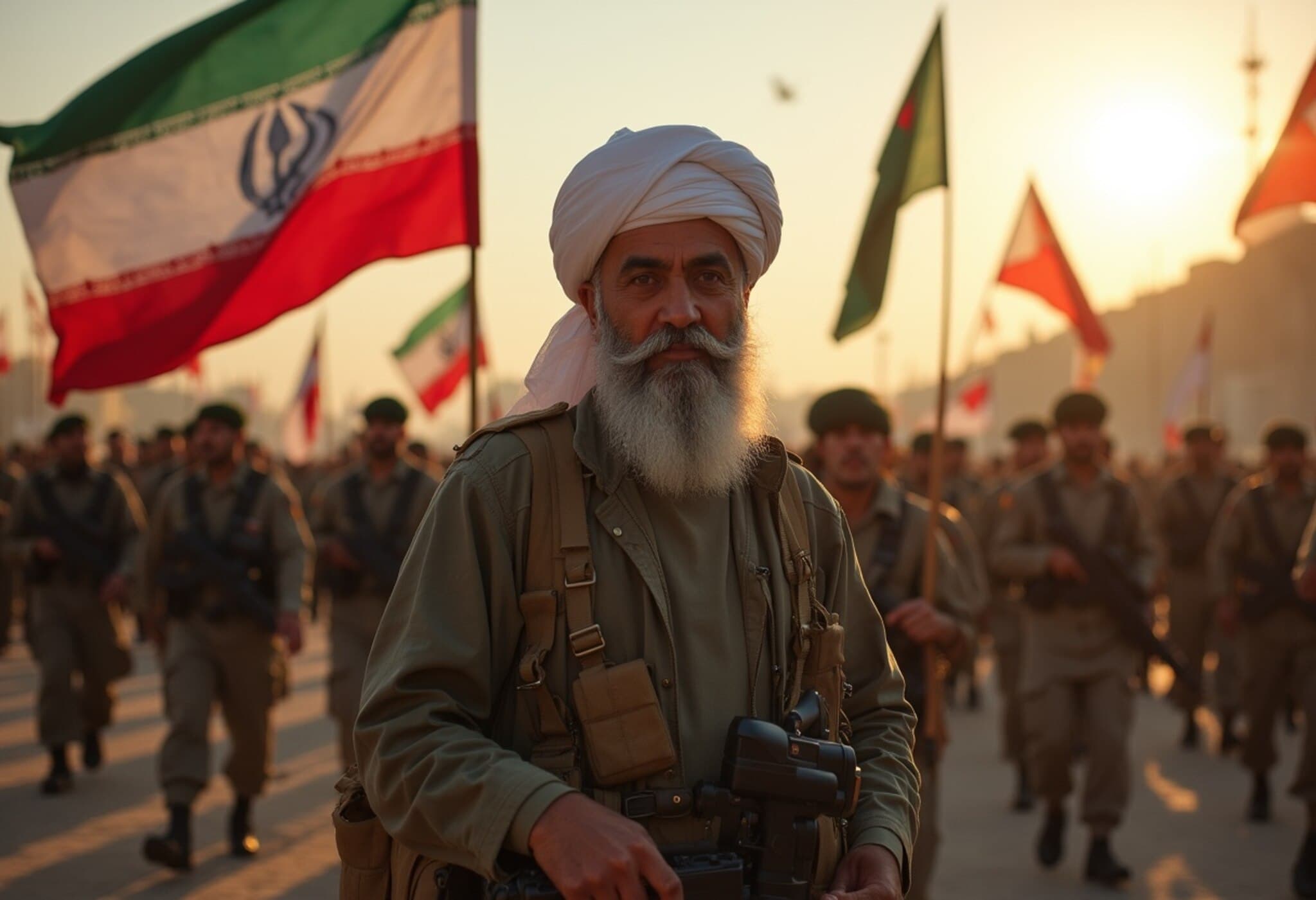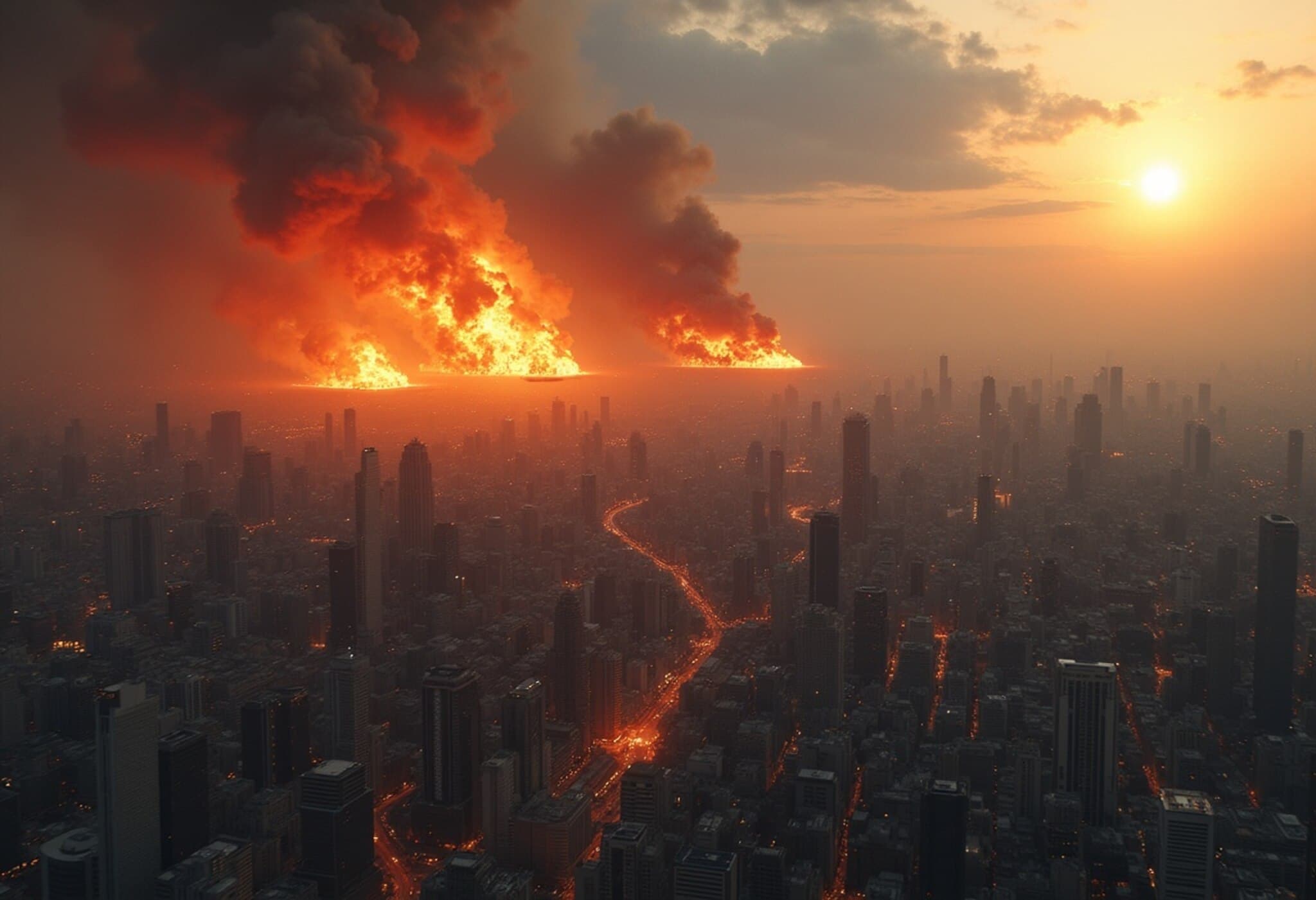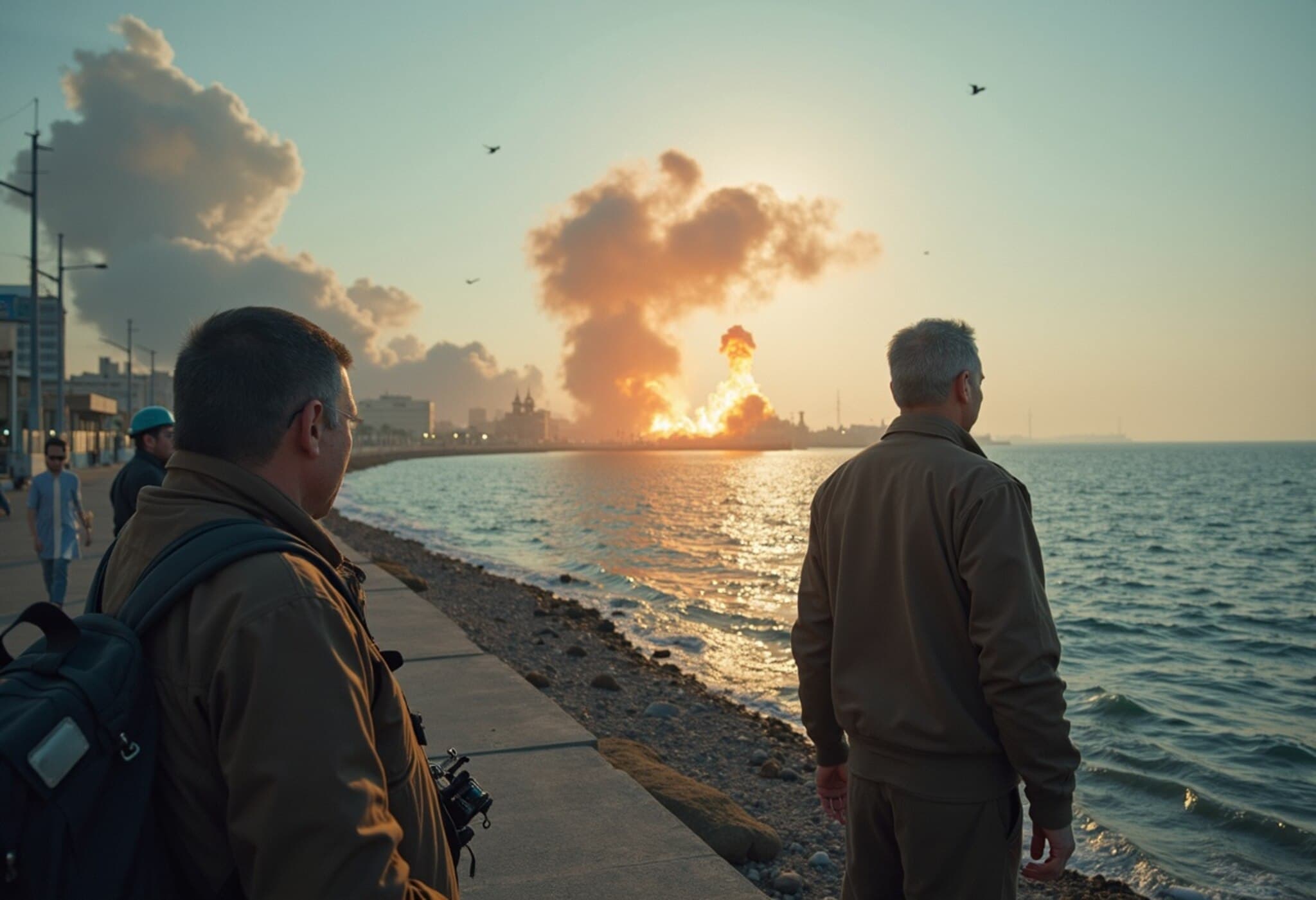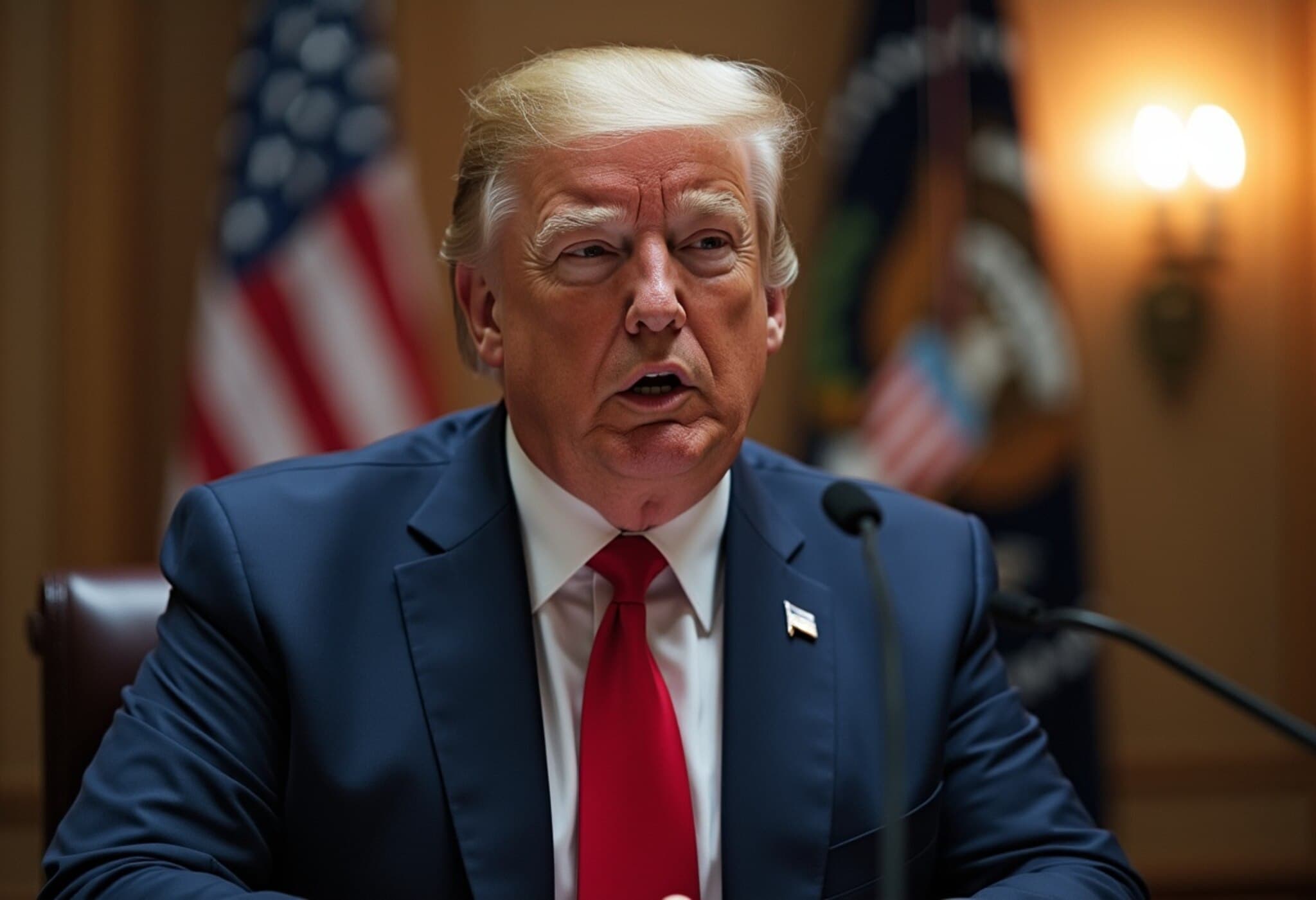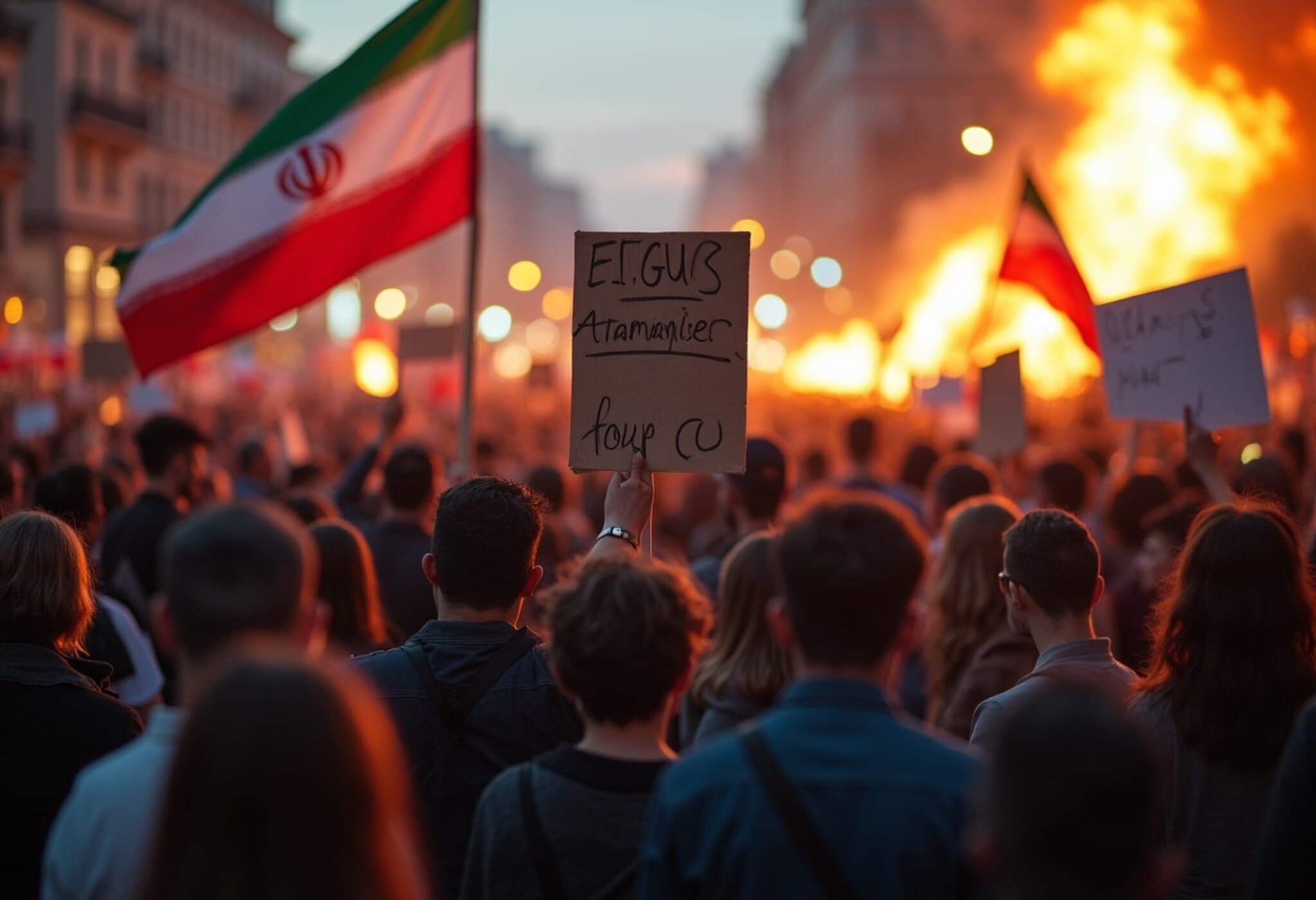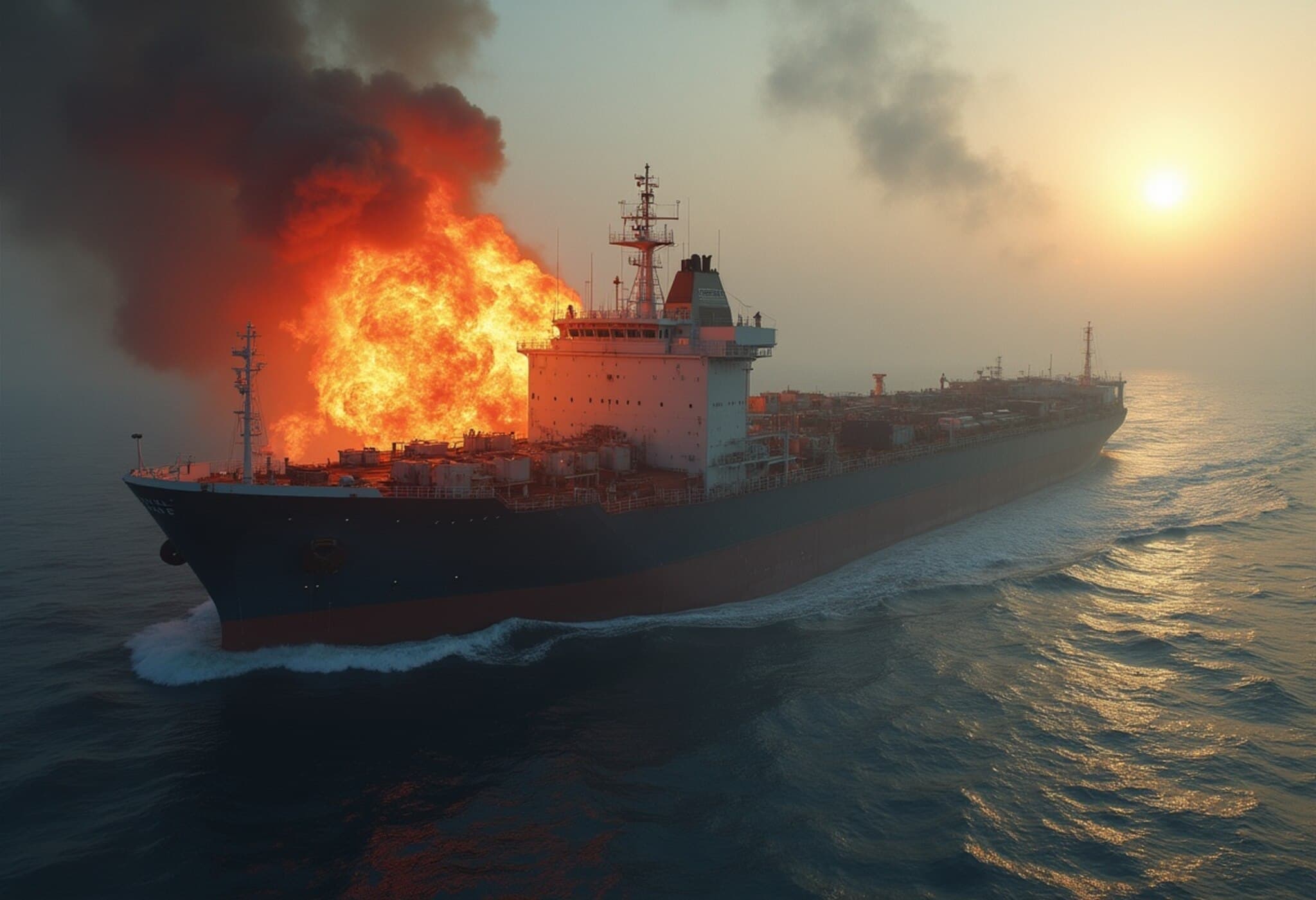UN Security Council Convenes Amid Rising Tensions Over Iran
The United Nations Security Council gathered on Sunday in response to recent U.S. strikes targeting Iran's nuclear facilities. This high-stakes meeting comes after a dramatic escalation in the Middle East, drawing sharp condemnations from Russia and China, who called for an immediate ceasefire and renewed diplomatic efforts.
Diplomatic Standoff Intensifies
United Nations Secretary-General Antonio Guterres described the U.S. bombing of Iranian nuclear sites as a "perilous turn" in an already volatile region. China and Pakistan jointly tabled a resolution urging the 15-member council to adopt an immediate and unconditional ceasefire, underscoring the urgency to halt hostilities.
Meanwhile, the world awaited Iran’s official response after U.S. President Donald Trump declared that key Iranian nuclear sites had been "obliterated". This marks the most significant Western military action against Tehran since the Islamic Revolution of 1979.
Contrasting Positions Emerge in the Council
China’s U.N. Ambassador, Fu Cong, emphasized that peace cannot be secured through force. He argued that diplomatic avenues remain open and urged all parties to renew dialogue toward a peaceful resolution.
On the other side, U.S. Acting Ambassador Dorothy Shea stressed the necessity for decisive action, accusing Iran of concealing its nuclear ambitions and obstructing negotiations. She warned the council of Iran’s intent to develop nuclear weapons and its hostile stance towards Israel.
Russia’s U.N. Ambassador Vassily Nebenzia drew parallels to the 2003 Iraq War, criticizing the U.S. for promoting what he called "fairy tales" to justify aggressive policies that once again threaten millions in the region.
Iran Condemns Strikes and Denies Allegations
Iran’s U.N. Ambassador Amir Saeid Iravani challenged the accusations, asserting that the nuclear non-proliferation treaty has been misused as a political tool against his country. He accused the U.S. and Israel of sabotaging diplomatic efforts and violating Iran’s sovereign rights to peaceful nuclear technology.
Israel Applauds U.S. Actions, Warns of Grave Consequences
Israel’s U.N. Ambassador Danny Danon praised the U.S. strikes as a necessary defense when all other options had failed. He portrayed Iran's engagement in negotiations as a smokescreen to advance missile development and uranium enrichment, warning that inaction could have catastrophic consequences for the entire region.
Uncertain Prospects for Security Council Resolution
The council faces a divided stance on a draft resolution introduced by Russia, China, and Pakistan calling for a ceasefire and condemning attacks on Iran's nuclear facilities. The United States is expected to oppose the measure, which avoids directly naming the U.S. or Israel.
Britain’s U.N. Ambassador Barbara Woodward urged restraint from all parties and called for a return to diplomatic negotiations to prevent further escalation.
International Atomic Energy Agency Reports on Damage
Rafael Grossi, Director General of the International Atomic Energy Agency (IAEA), briefed the council on visible damage at Iran’s Fordow enrichment site. However, he noted that assessing the full extent of underground destruction remains challenging. The IAEA confirmed no increase in radiation levels at key nuclear sites, according to information from Iran.
What Lies Ahead?
With global powers split and tensions mounting, the coming days will be critical in shaping the region’s future. Whether diplomacy can regain ground or conflict intensifies remains an open question as the United Nations strives to navigate this complex crisis.

